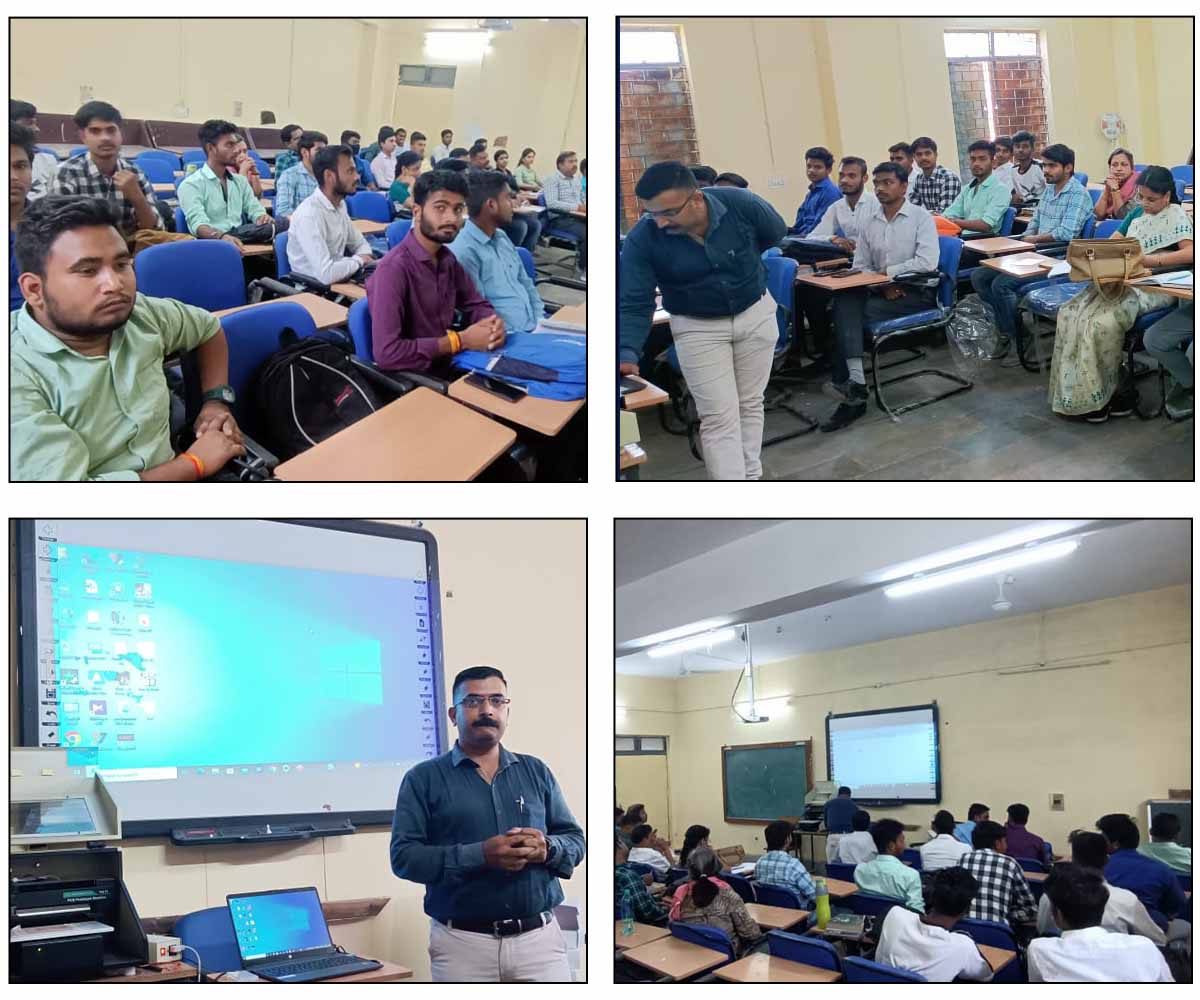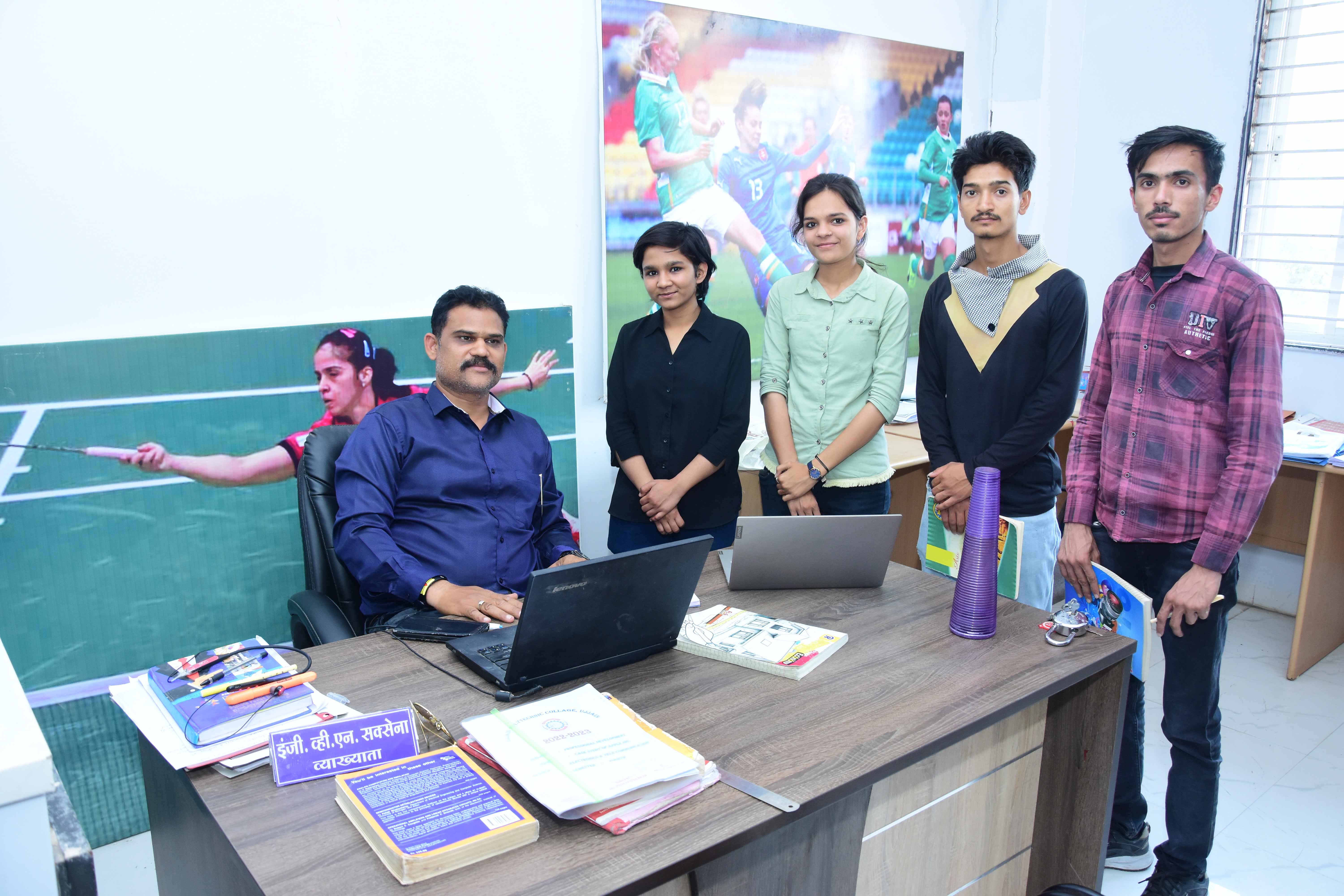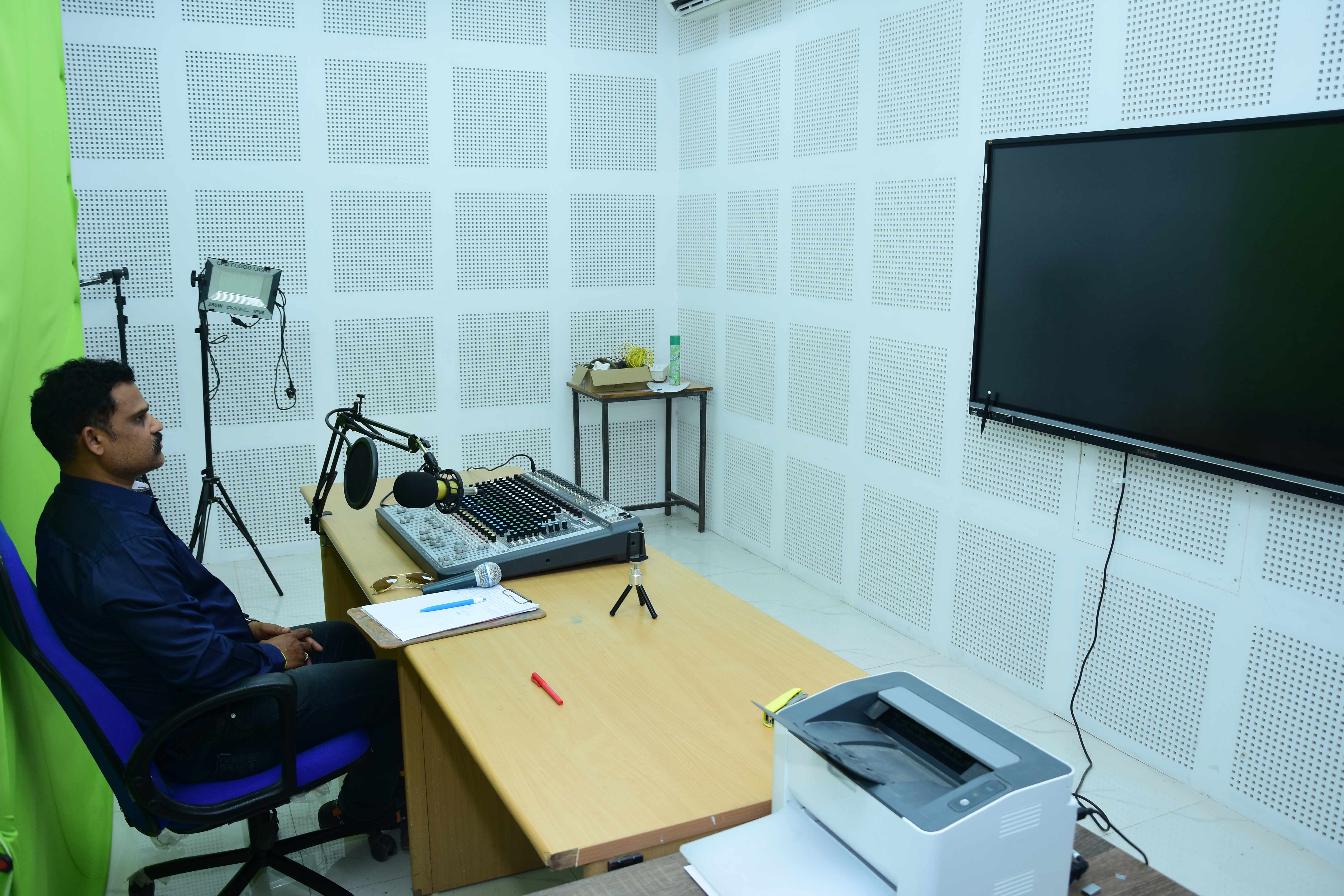Laboratories available in the
Electronics and Telecommunication Engineering Department


Our diploma engineering college offers a range of well-equipped laboratories for students enrolled in the Electronics and Telecommunication Engineering program. These laboratories are designed to provide students with hands-on experience in various aspects of electronics and telecommunications. Here is a short description of some of the key laboratories:
- Analog and Digital Electronics Laboratory: This laboratory is equipped with state-of-the-art equipment for conducting experiments related to analog and digital electronics. Students learn about circuits, amplifiers, oscillators, and other electronic components.
- Microprocessor and Microcontroller Laboratory: This laboratory is designed to provide students with a hands-on experience with microprocessors and microcontrollers. Students learn about the architecture of these devices, and how to program them using assembly language and high-level programming languages.
- Communication Engineering Laboratory: This laboratory is equipped with advanced equipment for conducting experiments related to communication engineering. Students learn about modulation, demodulation, multiplexing, and other aspects of communication systems.
- Network Analysis and Synthesis Laboratory: This laboratory is designed to provide students with a hands-on experience with network analysis and synthesis. Students learn about the principles of network theory, and how to design and analyze electrical networks.
- Digital Signal Processing Laboratory: This laboratory is equipped with modern digital signal processing equipment and software tools. Students learn about digital signal processing techniques, including filtering, spectral analysis, and data compression.
- Antenna and Wave Propagation Laboratory: This laboratory is equipped with advanced equipment for conducting experiments related to antenna and wave propagation. Students learn about the principles of antenna design, and how to analyze and optimize antenna performance.
Smart Class And Classrooms available in Department

Smart classrooms have become an integral part of modern education, and they can be particularly beneficial for students in a diploma in electronics and telecommunication engineering department. A smart classroom is a technologically advanced classroom that leverages modern technologies to enhance the learning experience. It is designed to provide students with an interactive and engaging learning environment that facilitates better understanding and retention of course material.
In a diploma in electronics and telecommunication engineering department, a smart classroom particularly useful because it allows students to learn about complex concepts in a more interactive and engaging way. Here are some ways in which a smart classroom can benefit students in a diploma in electronics and telecommunication engineering department:
- Access to multimedia content: A smart classroom provides students with access to multimedia content such as videos, animations, and simulations that can help to explain complex concepts in a more engaging way
- Interactive learning: A smart classroom allows for interactive learning, where students can collaborate on projects and assignments using interactive whiteboards, tablets, and other devices.
- Virtual laboratories: A smart classroom can provide access to virtual laboratories that allow students to simulate experiments and gain practical experience in a safe and controlled environment.
- Online resources: A smart classroom provides students with access to online resources such as e-books, journal articles, and other multimedia content related to their courses.
- Real-time feedback: A smart classroom allows for real-time feedback from instructors, who can monitor student progress and provide feedback on assignments and projects.
Recording Studio available in Department


In Department we are having An online video lecture recording studio that provides facility that can greatly benefit students in a diploma in electronics and telecommunication engineering department. This studio allows instructors to record their lectures and share them online, providing students with a flexible learning experience that can be accessed at any time and from anywhere. Here are some ways in which an online video lecture recording studio can benefit students in a diploma in electronics and telecommunication engineering department:
- Flexibility: An online video lecture recording studio provides students with flexibility in their learning. They can access the recorded lectures at any time and from anywhere, allowing them to study at their own pace and on their own schedule.
- Access to missed lectures: An online video lecture recording studio can provide students with access to lectures they may have missed.
- Review of difficult concepts: An online video lecture recording studio allows students to review difficult concepts that may have been covered in class. They can pause, rewind, and replay the lectures until they fully understand the material.
- Improved retention: Research has shown that students who use online video lecture recording studios have improved retention of the material covered in class.
- Greater engagement: An online video lecture recording studio can also increase student engagement with the material.
Video lectures recorded in our studio are
Prof. Vishnu narayan saxena